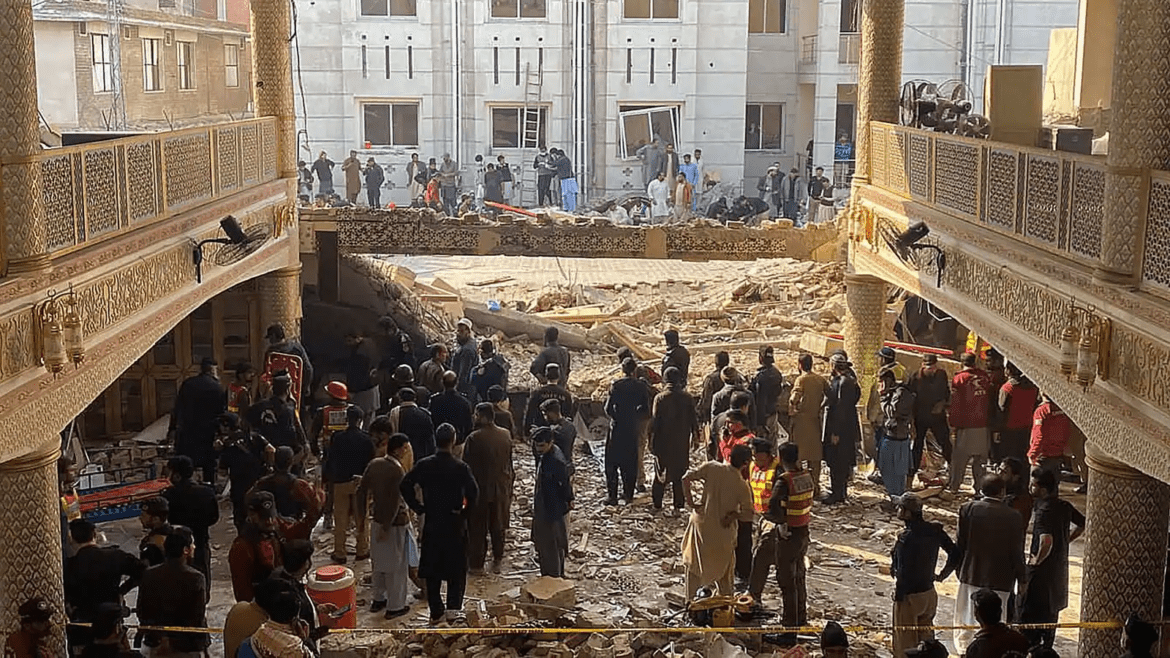AI Generated Summary
- From the US’s Camp Chapman attack to the UK’s terror attacks with links traced back to Pakistan, from Iran’s accusations of Pakistan serving as a ‘remote base’ for US espionage to Russia’s long-held suspicions – the list is exhaustive.
- Add to this the tales of agony from the bombings in Peshawar and the narratives of betrayal from Afghanistan, and a grim picture emerges.
- The Baluchistan Liberation Army (BLA) saw a meteoric rise in its activities, now deemed the ‘fastest-growing terrorist group in the world’.
In the cacophony of recent headlines, as media avidly dissected the India-Canada squabble, Pakistan’s Interior Minister laid a sensational claim: India’s Research and Analysis Wing (R&AW) was behind two devastating suicide bombings in Pakistan.
These claims are baseless. Given Pakistan’s extensive history of internal conflicts, external disputes, and the presence of terrorist organizations within its borders, it is essential to engage in introspection. With more than 60 casualties, such unfounded allegations not only disrespect the victims and their families but also have the potential to further isolate Pakistan on the international stage.
The audacity of engaging in this blame game is truly remarkable. Pakistan swiftly drew conclusions, and within days the Interior Minister made his accusations. Can any intelligence agency truly confirm such allegations in mere days? And if there was prior knowledge, why was there no preemptive action?
But let’s dive into the numbers, shall we?
Pakistan recently reported a staggering 120% rise in terrorism-related deaths from the previous year. Surpassing Afghanistan, it now claims the grim title of South Asia’s most terror-affected nation. And within its borders, terror groups thrive. The Baluchistan Liberation Army (BLA) saw a meteoric rise in its activities, now deemed the ‘fastest-growing terrorist group in the world’. The fact that seven of the ‘top 20’ terrorist groups reside in Pakistan says a lot.
Moreover, the human cost is heartbreaking. Thousands have disappeared, thousands more tortured and extrajudicially killed. Add to this the tales of agony from the bombings in Peshawar and the narratives of betrayal from Afghanistan, and a grim picture emerges.
It’s not just about internal strife. Internationally, the list of grievances against Pakistan is long. From the US’s Camp Chapman attack to the UK’s terror attacks with links traced back to Pakistan, from Iran’s accusations of Pakistan serving as a ‘remote base’ for US espionage to Russia’s long-held suspicions – the list is exhaustive.
Yet, despite this web of intricate internal and external challenges, the easy answer for Pakistan’s minister was to blame India. Even as investigations hint towards the Islamic State in Khorasan for the Hangu attack, the narrative of foreign interference remains a convenient smokescreen.
Perhaps, it’s time for Pakistan to introspect. With political unrest, economic challenges, and terrorism at its peak, perhaps it’s time to consider if the real enemy is within rather than outside its borders. Instead of deflecting blame, a period of quiet reflection and a sincere effort to rebuild and reform might be what’s needed.
And maybe, just maybe, a friendly nation could offer Pakistan a mirror. For only in self-reflection can true progress be made.
The opinions expressed in this article are those of the author. They do not purport to reflect the opinions or views of Khalsa Vox or its members.




